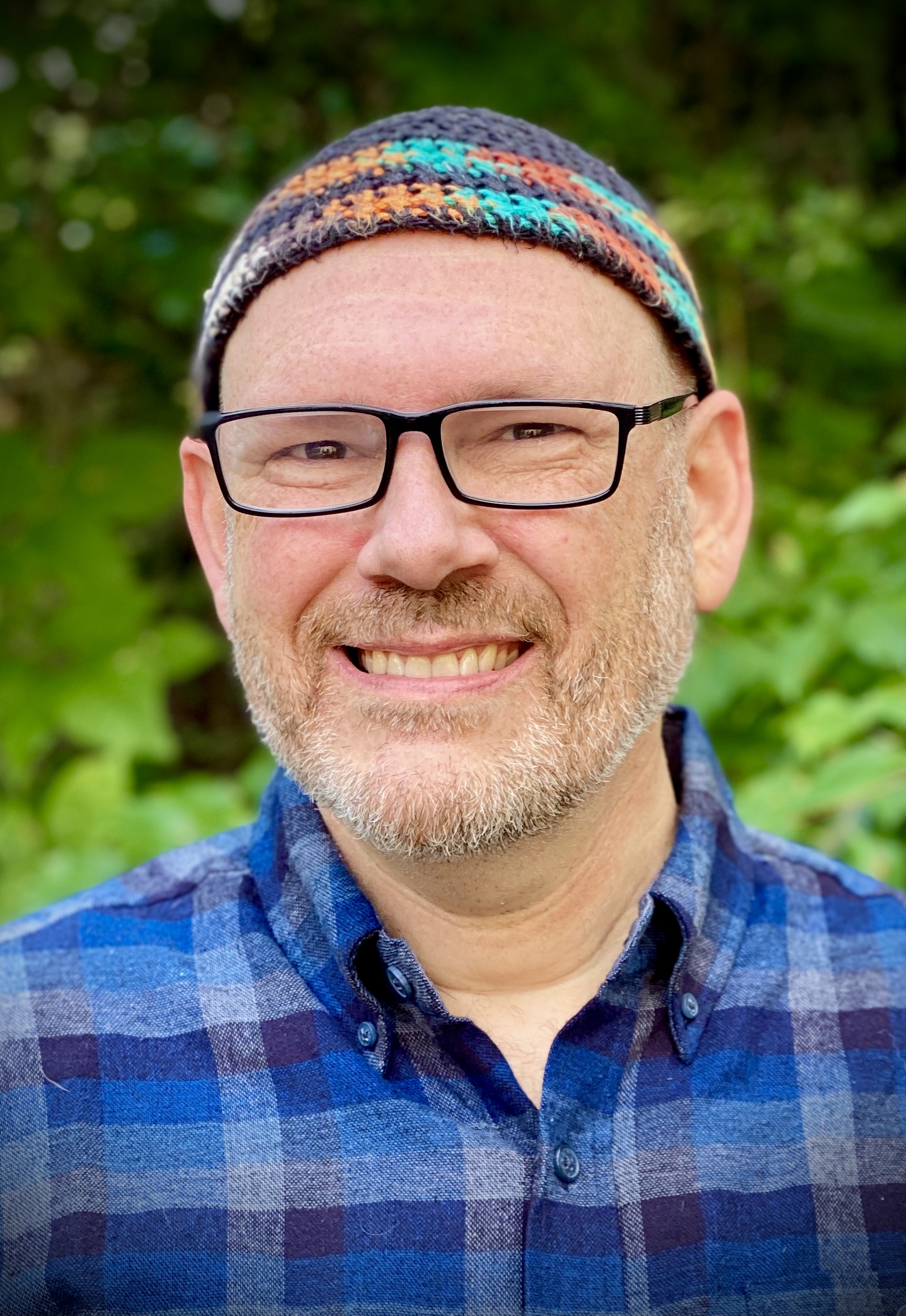In February 2018, a group of 18 Reconstructionists held the first online meeting of the Joint Israel Commission (JIC). The JIC is a commission that reports to the boards of the two organizational arms of the movement – Reconstructing Judaism and the Reconstructionist Rabbinical Association (RRA). Eleven lay people, five rabbis, one faculty member and one student from the Reconstructionist Rabbinical College make up the commission, which is ably co-chaired by Rich Freedman of Bnai Keshet (Montclair, N.J.) and Rabbi Megan Doherty (Executive Director of Oberlin Hillel).
JIC members live in multiple North American regions and Israel. They represent a wide range of politics, and one of their goals is to carry on civil and respectful discussion and debate even on difficult topics. They seek to offer models and tools to Reconstructionist communities on how to engage difficult Israel discussions constructively.
After that first virtual meeting 11 months ago, the JIC spent most of 2018 working in four working groups, with the aim of sharing their work with the full JIC at an in-person meeting at Convention. As staff person, my role was to make sure those working groups had what they needed technically and administratively, and to plan for the group’s first in-person meeting at Convention. On Nov. 15, 2018, the JIC finally moved out of virtual space and into a hotel meeting room. Fourteen of the 18 members were able to attend in person, including one from Israel.
The group bonded well and worked hard for over six hours that day. Each working group had come prepared to pitch their top ideas for the JIC to work on intensively going forward. The four topics were: 1) Civil Discourse and Holy Conversations; 2) Educating on Israel and Zionism; 3) The “Jewish Renaissance” in Israel; and 4) Writing and Thinking on Zionism. (Since people often ask, the Jewish Renaissance in Israel refers to: “Those groups and individuals contributing to the progressive evolution of Jewish religious civilization in Israel.” These include organizations that practice non-Orthodox Judaism, advocate for LGBT equality in Israel, develop new Jewish educational materials that stress things like ecology and co-existence, and more.)
By the end of the working meeting, the JIC members had decided to continue having four working groups, but they changed the focused areas of the groups to better reflect their developing understanding of how the JIC could benefit the movement with new ideas, learning materials, and proposals. The group decided to set up the following four new working groups: 1) Dialogue / Community Conversations; 2) Resources for Israel Education for Youth and Adults; 3) Advocacy / Policy; and 4) Involvement with Renaissance & Co-Existence Israeli Organizations and Initiatives.
In some cases, the names of the new working groups reflect a small refinement of language but basically the same focus. In other cases, the changes are more substantive. Instead of separate working groups on education and writing, for example, the JIC decided to combine those elements and then narrow the focus of the working group to the development or curation of resources for youth and adult education on Israel.
The new working group on Advocacy/Policy arose out of a sense that it was important for the JIC to make the attempt to see if there are areas of consensus that they might be able to reach on Israel-related political and moral issues. If consensus isn’t possible, there’s an interest in trying to find out whether other kinds of work output is possible.
Given how contentious advocacy and policy statements representing Reconstructing Judaism or the RRA can be, it’s important to note that the JIC does not have the power to issue position statements on behalf of Reconstructing Judaism or the RRA. Rather, what the JIC has been asked to do is to discuss some of these issues, and then if it so chooses, to make recommendations to the plenum as well as the boards of Reconstructing Judaism or the RRA regarding their public statements and advocacy positions.
The JIC is part think-tank, part community-building exercise, part experiment, and part working committee. Its members span a wide political range and they hope to learn and grow together in ways that can help the wider movement. Stay tuned as the JIC continues its work and reports out to the movement. If you have questions, opinions, or ideas that you would like to share with the JIC, please send them to mharris@reconstructingjudaism.org, and I will route them to Rabbi Megan and Rich on your behalf.








